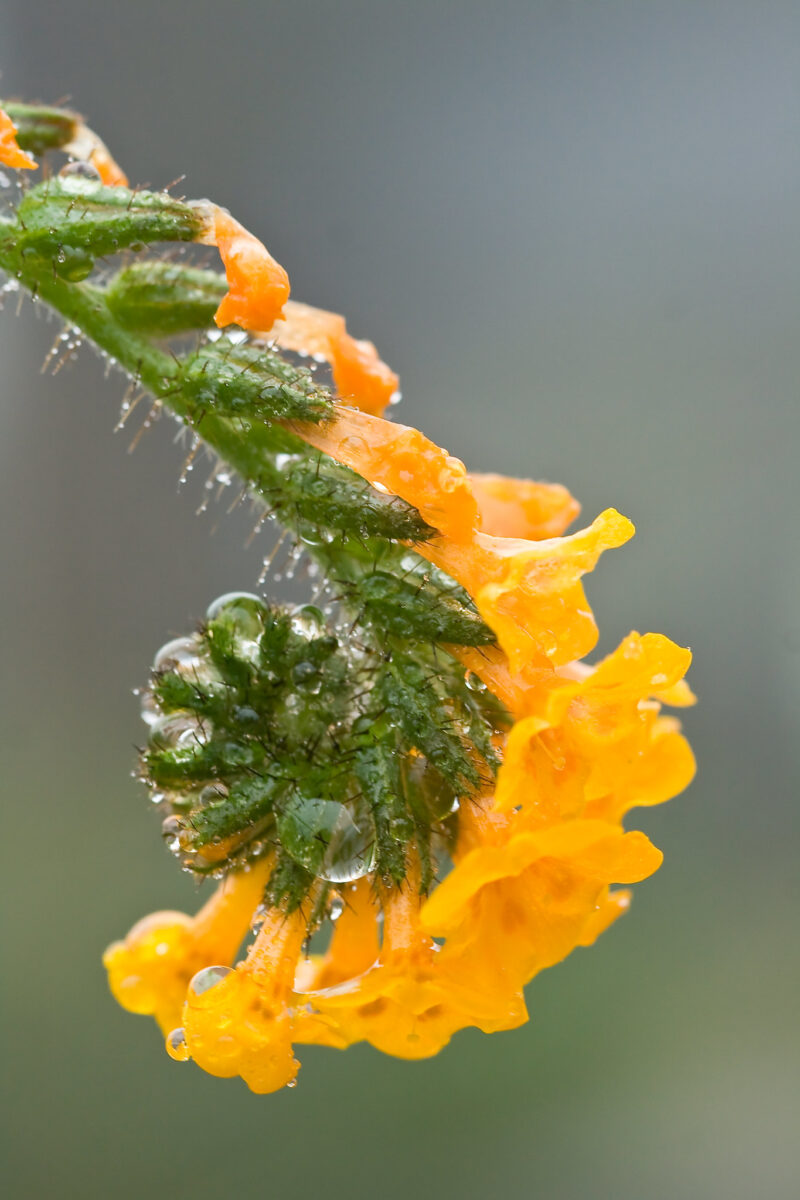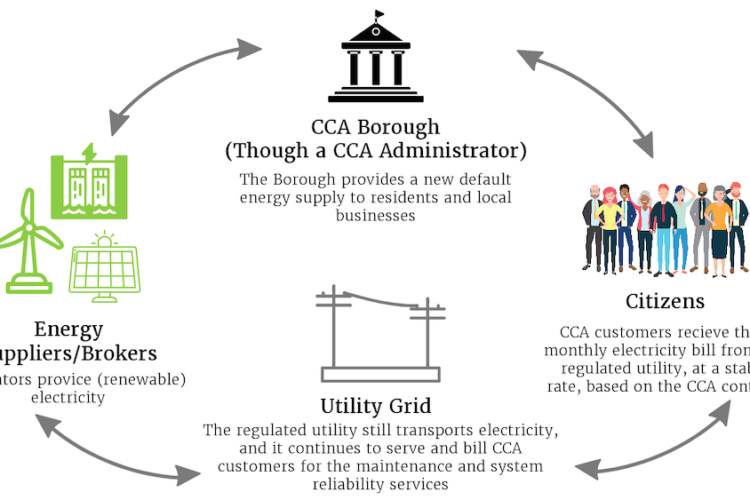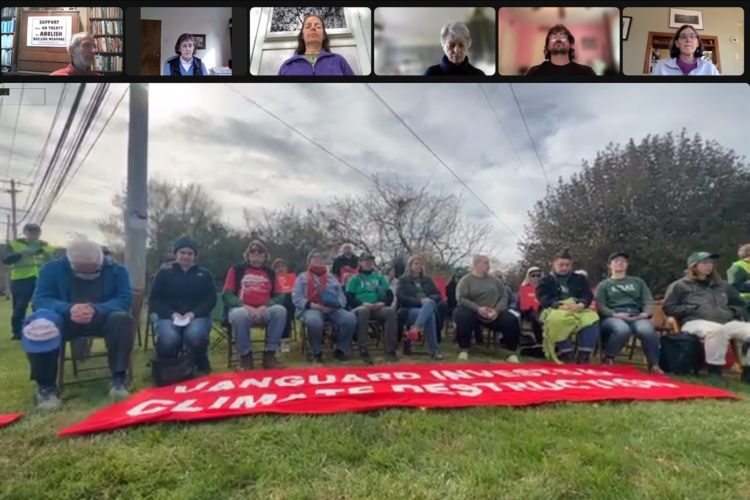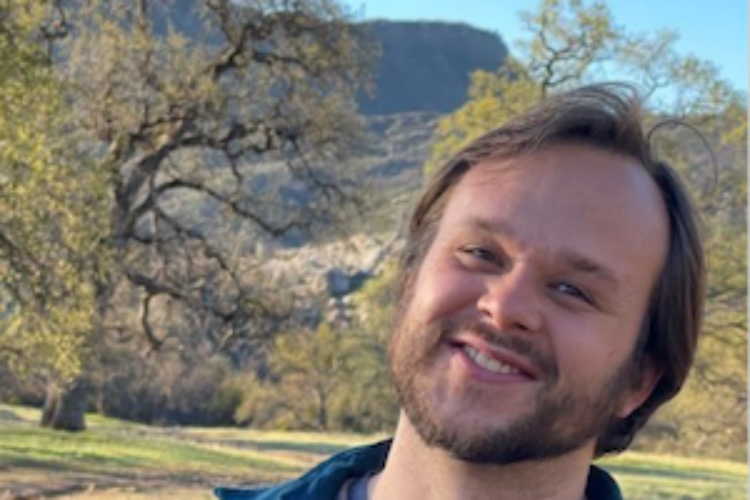Midwifery

by Pamela Haines.
A regular high point in my week is being in touch with a handful of young climate activists. Through a young man who stayed in our spare room while doing student fossil fuel divestment work and then went on to be one of the founders of the Sunrise Movement, I met another young woman on their Pennsylvania staff who introduced me to others. Just getting to know these lovely and deeply committed people is a joy in itself. Being able to be of use to them is an honor.
I think of one of the young women with whom I now do weekly hour-long calls. We have developed a little routine. We start with self-appreciation, since it’s so easy to put all our attention on either our mistakes or the things we have not yet been able to accomplish. Then we exchange listening time, reviewing our emotional state and focusing on whatever we can vent or let go of to free up more attention and flexible thinking in the present. Finally, we check whether there’s a puzzle she’s facing at work that needs solving, or a knotty problem that needs untangling.
Often there’s some small thing. She describes the situation. I listen closely, and ask questions to clarify. What does she want? Where does she feel on solid ground? Even if there are things she isn’t sure of, is there a piece of the puzzle she is able to hold out with complete confidence? What is a doable next step? What is the right time, and who are the right people to go to with it?
It’s clear to me that I don’t know the answers. There’s so much I don’t know! Their organizational structure, which is complex, has never been described to me. I’m not exactly sure of her job description or her relationship to decision-makers. I’m not an expert in the types of campaigns they are running and certainly can’t name the strategies that will allow them to succeed.
But I can provide an open space for the problem to be considered. I can ensure that this space is appreciative and free from prescription or judgment. I can listen and probe for what rings true. I can play the role of midwife. And more often than not the labor is quick and painless and the solution slips right out. What had been a worrisome muddle in her mind has become clear enough that she is ready—often eager—to take a confident next step.
Sometimes, of course, the problem is not one with a solution that is easy to think through. People lose track of themselves and each other in the midst of oppression and stress; they bring old and dysfunctional patterns of taking over or going quiet to their group interactions; old feelings of discouragement or desperation or self-blame gum up the works. There is time to tend to these issues in the middle section of our meeting, with attention to feelings of anger, fear, or grief that need to be released so that more space to think can be opened up.
This young woman, and the others that I listen to, are among the full-time staff of a movement that is mobilizing tens of thousands of young people in an effort that may play a critical role in securing a future for our species on this planet. As I do what I can to keep them working well together toward their goals—to increase clarity, restore confidence, amplify thoughtful voices, avoid missteps, seize opportunities, maximize the impact of scarce resources, strengthen relationships—I choose to believe that my small acts of midwifery are part of the labor process to bring a new world to birth.
Pamela Haines, member of Central Philadelphia Monthly Meeting is author of Money and Soul, That Clear and Certain Sound; Finding Solid Ground in Perilous Times, and a poetry collection, Alive in this World.


